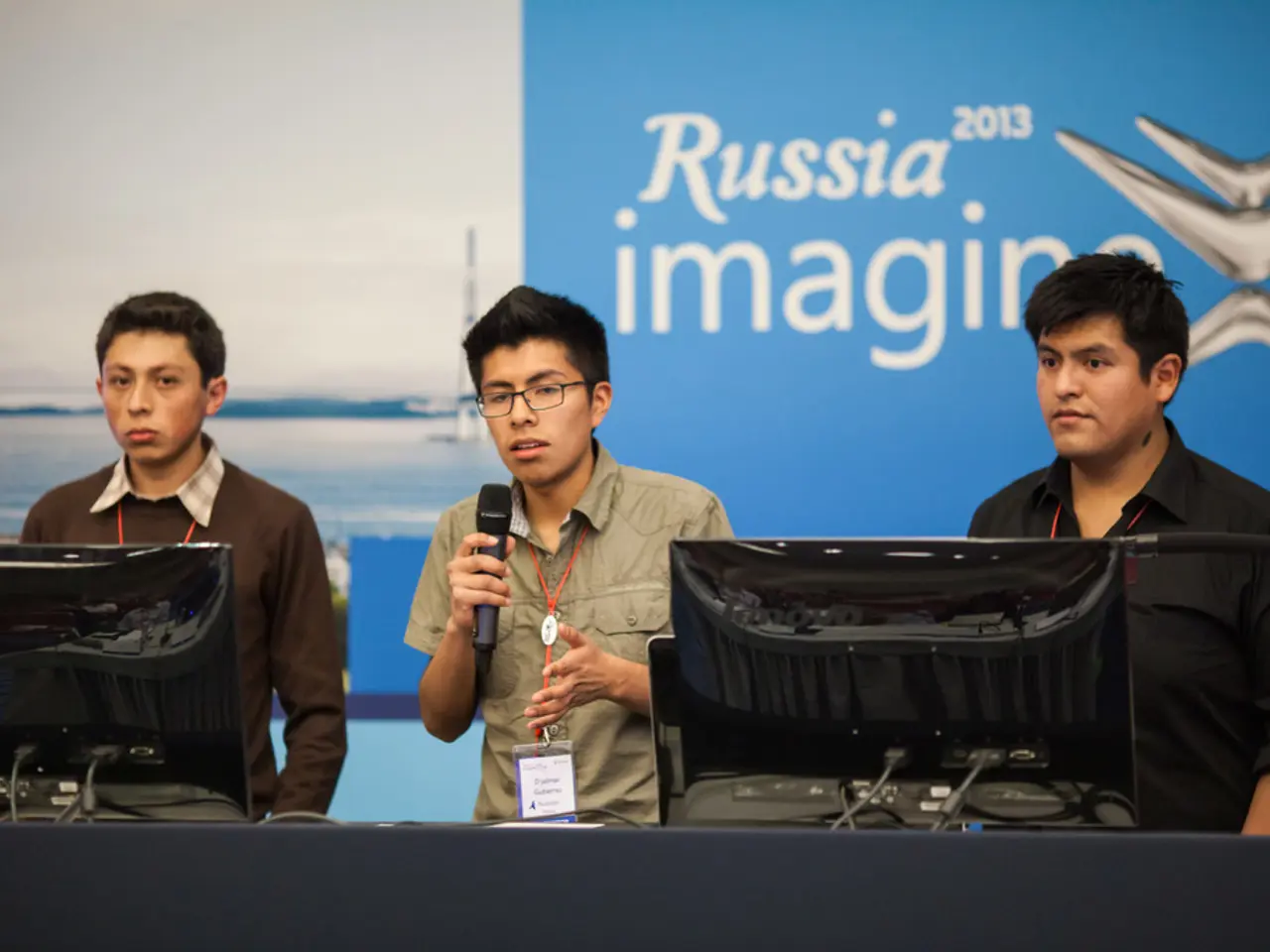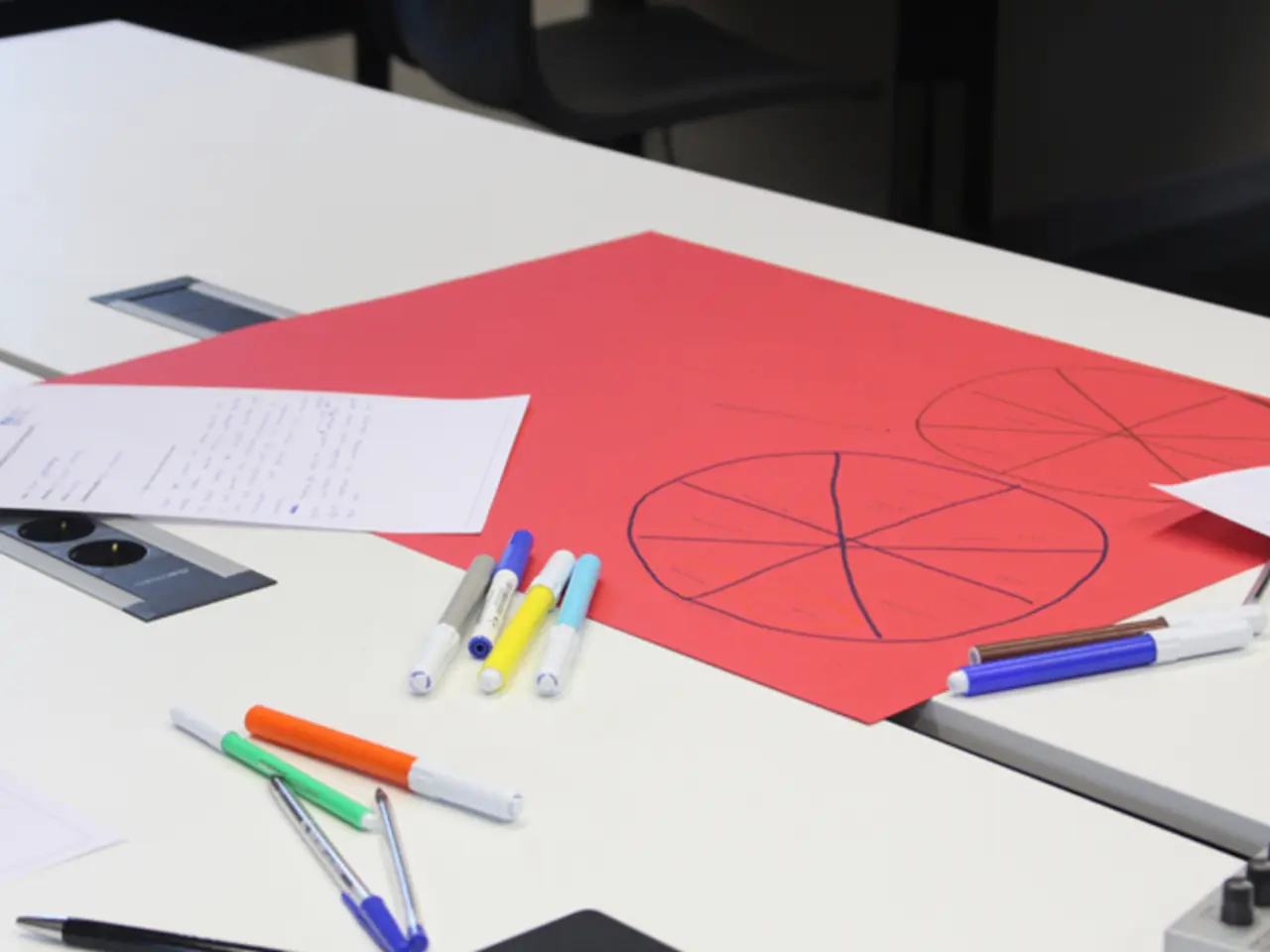Youth in Ukraine Find Their Youthhood Curtailed / Lack of University Access and Social Media, Career Prospects Stunted
In the heart of Europe, the ongoing conflict in Ukraine has left an indelible mark on the lives of its young population, with education and youth being among the hardest-hit sectors. The war has resulted in a significant decline in school enrollment, massive destruction of educational infrastructure, and serious psychological hardships among youth.
One of the most striking consequences is the decline in enrollment, with approximately 16% of the 2022 graduating high school students (around 36,500 individuals) displaced, causing significant disruptions to their education. According to the Ukrainian Ministry of Education and Science, around 4.6 million children face barriers to education, with 2 million children having their schools closed.
The physical damage to educational infrastructure is extensive. Over 30% of Ukraine’s educational buildings have been damaged, with more than 365 schools completely destroyed since 2022. UNESCO data aligns closely, noting over 3,400 educational institutions damaged and 400 completely destroyed, highlighting the scale of infrastructure loss. These losses force shifts to remote learning, but inconsistent internet access and power outages hinder consistent quality education.
The disruption extends beyond physical damage. Prolonged displacement, insecurity, and lack of stable schooling have caused emotional instability among children, negatively affecting their ability to learn and achieve academic objectives. Emotional trauma from warfare conditions undermines children’s psychological well-being, impacting their overall development.
In the territories occupied by Russia, there are ongoing efforts to ban Ukrainian language education, removing it entirely from school curricula starting the 2025–2026 academic year. This reflects an additional layer of sociopolitical impact, affecting the cultural identity and rights of Ukrainian youth in occupied regions.
More than 6.4 million school-aged learners and numerous teachers have been affected nationwide, with many teachers displaced, exacerbating the institutional challenges. This systemic instability makes it difficult to sustain normal educational processes.
Universities in Ukraine have largely switched to online learning, but many young people lack access to electricity and the internet, leaving them further educationally disadvantaged. Turning 18 in Ukraine can evoke complex feelings, especially for young men who may be conscripted. Many young people have had to flee due to war, leaving behind their homes, families, and dreams.
The psychological toll on young people is significant. Many are suffering from depression, sleep disorders, or trauma and will need long-term psychological care. SOS Children's Villages, an international organisation providing emotional and psychological support, educational opportunities, career guidance, youth clubs for exchange, and mobile teams supporting those in frontline areas, is working tirelessly to support young people in Ukraine.
Anne Beck, the Press Spokesperson for SOS Children's Villages worldwide, emphasises the importance of their work, stating, "We are committed to helping young people in Ukraine rebuild their lives and futures. Our support extends beyond emotional and psychological care, as we also provide financial aid to young people and their families."
The information provided is from SOS-Kinderdoerfer weltweit Hermann-Gmeiner-Fonds Deutschland e.V., transmitted by news aktuell. For more information, please contact Anne Beck at Tel.: 0151 - 25833208, E-Mail: [email protected], or visit their website at www.sos-kinderdoerfer.de.
References: [1] Ministry of Education and Science of Ukraine. (2022). Impact of the war on education in Ukraine. Retrieved from https://moe.gov.ua/en/news/impact-of-the-war-on-education-in-ukraine [2] UNICEF. (2022). Children and adolescents in Ukraine: An analysis of the impact of the conflict. Retrieved from https://data.unicef.org/resources/2022-children-and-adolescents-ukraine-analysis-impact-conflict/ [3] Human Rights Watch. (2022). Ukraine: Ban on Ukrainian Language Education in Occupied Areas. Retrieved from https://www.hrw.org/news/2022/08/24/ukraine-ban-ukrainian-language-education-occupied-areas [4] UNESCO. (2022). Ukraine: Education under attack. Retrieved from https://en.unesco.org/news/ukraine-education-under-attack [5] World Bank. (2022). Ukraine: Education Sector Overview. Retrieved from https://www.worldbank.org/en/country/ukraine/publication/ukraine-education-sector-overview-2022
The ongoing conflict in Ukraine has not only resulted in a significant decline in school enrollment but also caused emotional instability among children, negatively affecting their ability to learn and achieve academic objectives. The ban on Ukrainian language education in occupied regions is another layer of sociopolitical impact, affecting the cultural identity and rights of Ukrainian youth.




